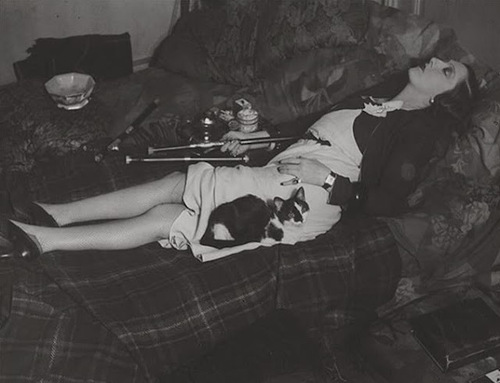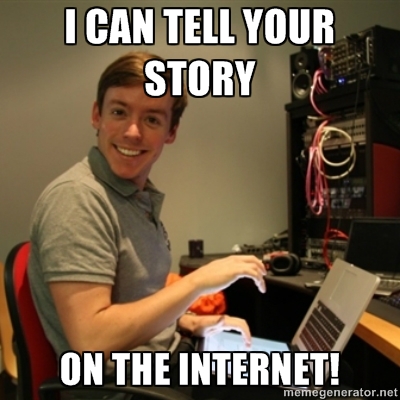Outcasts Among Outcasts: Drug-Using Sex Workers in the Sex Workers’ Rights Movement, Part 2

(You can find part one of this discussion here)
Caty: I’ve seen former drug-using sex workers like Kate Holden write that trading sex for drugs directly with a dealer was “just tacky,” and in my shallow, callow early years as a heroin-using escort, I often said the same thing. But the real reason I’ve avoided doing this for a decade, with one exception, is that I’m terrified to have the power dynamic between possibly withdrawing user and dope holding dealer client be that starkly clear. I can safely retreat into the farcical mask of my privilege when with my escorting clients, I can advertise as an “ex-Ivy League activist and escort” on my Backpage ad, leveraging those respectability politics for all the profit they’re worth, and within that pretense, I can be as primly outraged as a Victorian maiden with her honor insulted when these clients ask for a BBJ. I can’t maintain that pose shaking and sniffing in some dealer’s living room.
I remember the one time I did trade a blowjob for three bags, early in my dope career. I remember his limp cock in the condom, the way he grimly surveyed my grimy, slovenly SRO room, how he said, concerned, that I should do the bags first, so then I had to do them in front of him even though I wasn’t sick yet and all I wanted was to enjoy the dope after he’d gone and I had my solitude returned. I know it could’ve been much worse, but I’d never felt so exposed, so confirmed as all the stereotypes about junkies whores.



